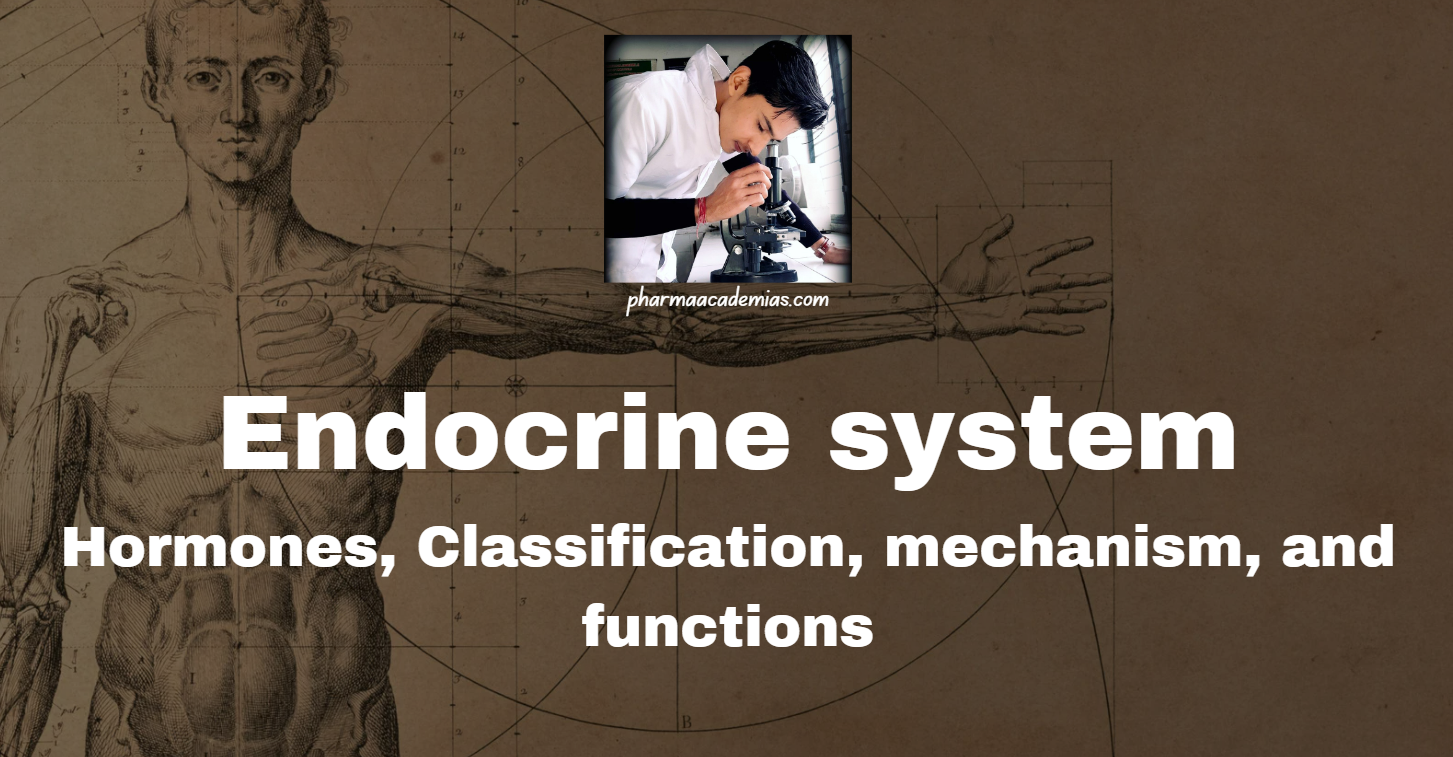Physiology of Menstruation
Menstruation, also known as the menstrual cycle or menses, is a complex physiological process that occurs in females of reproductive age. It involves the cyclical shedding of the endometrium (the lining of the uterus) and is regulated by intricate interactions between hormones from the hypothalamus, pituitary gland, ovaries, and uterus. Understanding the physiology of menstruation … Read more






